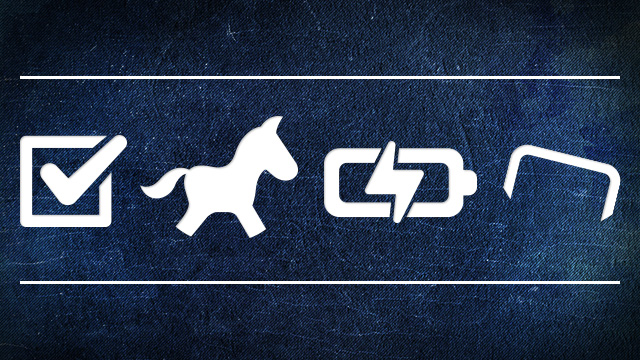Anatomy of a hack: How crackers ransack passwords like “qeadzcwrsfxv1331”

In March, readers followed along as Nate Anderson, Ars deputy editor and a self-admitted newbie to password cracking, downloaded a list of more than 16,000 cryptographically hashed passcodes. Within a few hours, he deciphered almost half of them. The moral of the story: if a reporter with zero training in the ancient art of password cracking can achieve such results, imagine what more seasoned attackers can do.
Imagine no more. We asked three cracking experts to attack the same list Anderson targeted and recount the results in all their color and technical detail Iron Chef style. The results, to say the least, were eye opening because they show how quickly even long passwords with letters, numbers, and symbols can be discovered.
The list contained 16,449 passwords converted into hashes using the MD5 cryptographic hash function. Security-conscious websites never store passwords in plaintext. Instead, they work only with these so-called one-way hashes, which are incapable of being mathematically converted back into the letters, numbers, and symbols originally chosen by the user. In the event of a security breach that exposes the password data, an attacker still must painstakingly guess the plaintext for each hash—for instance, they must guess that “5f4dcc3b5aa765d61d8327deb882cf99” and “7c6a180b36896a0a8c02787eeafb0e4c” are the MD5 hashes for “password” and “password1” respectively. (For more details on password hashing, see the earlier Ars feature “Why passwords have never been weaker—and crackers have never been stronger.”)
Read 52 remaining paragraphs | Comments